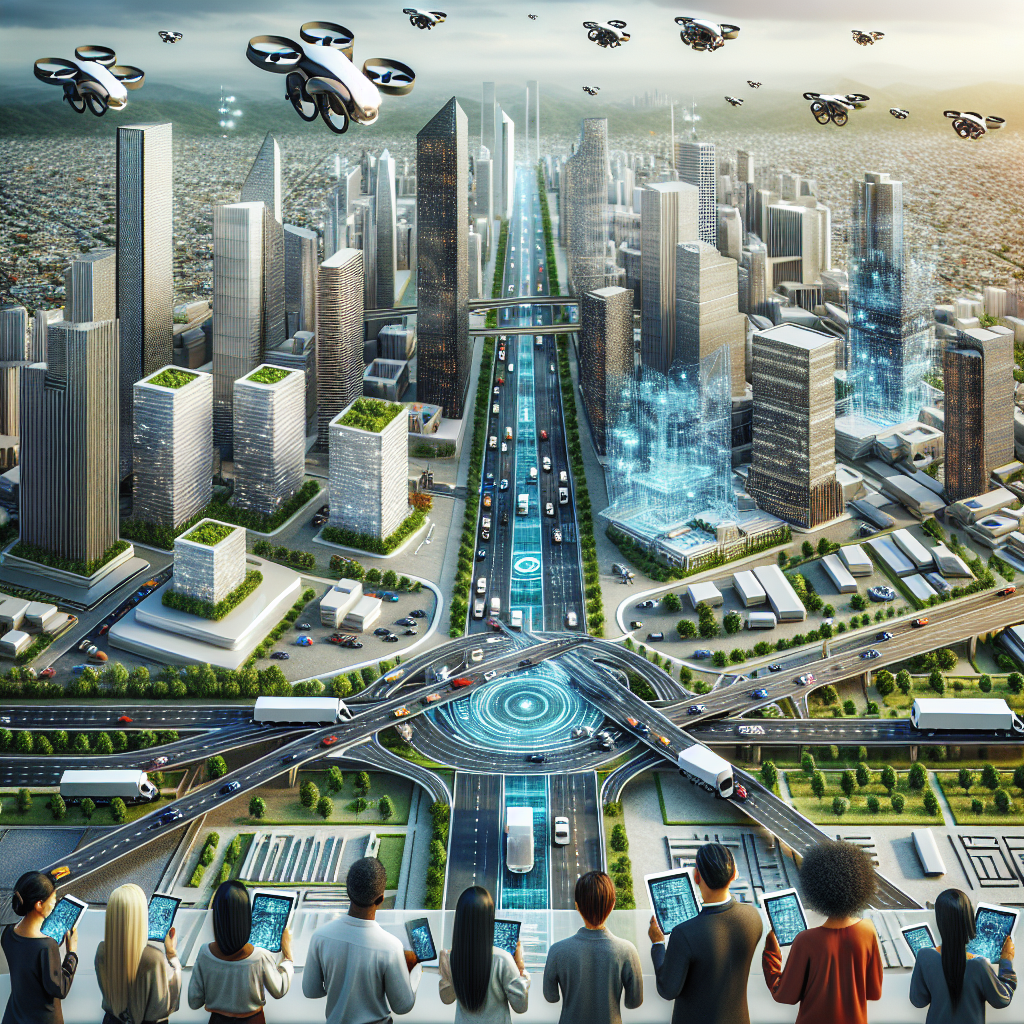Artificial Intelligence (AI) and automation have been transforming various industries, and urban planning is no exception. The use of AI in urban planning has the potential to revolutionize the way cities are designed, managed, and maintained. From optimizing transportation systems to improving energy efficiency, AI automation is changing the way we think about urban development.
One of the key areas where AI automation is making an impact in urban planning is in transportation. AI algorithms are being used to analyze traffic patterns, optimize public transportation routes, and predict future traffic congestion. This is helping cities to better manage their transportation systems, reduce congestion, and improve overall efficiency.
In addition to transportation, AI automation is also being used to improve energy efficiency in urban areas. By analyzing data on energy consumption and usage patterns, AI algorithms can help cities to better manage their energy resources and reduce their carbon footprint. This can lead to cost savings for cities and a more sustainable urban environment.
AI automation is also being used to optimize land use and urban development. By analyzing data on population growth, housing demand, and economic trends, AI algorithms can help cities to plan for future development and ensure that new projects are aligned with the needs of the community. This can lead to more efficient use of land, better urban design, and improved quality of life for residents.
Overall, the impact of AI automation on urban planning is significant. It is helping cities to become more efficient, sustainable, and resilient in the face of growing urbanization and environmental challenges. As technology continues to advance, the role of AI in urban planning will only continue to grow.
FAQs:
Q: How is AI automation being used in transportation planning?
A: AI algorithms are being used to analyze traffic patterns, optimize public transportation routes, and predict future traffic congestion. This helps cities to better manage their transportation systems and reduce congestion.
Q: How is AI automation helping to improve energy efficiency in urban areas?
A: AI algorithms are being used to analyze data on energy consumption and usage patterns, helping cities to better manage their energy resources and reduce their carbon footprint.
Q: How is AI automation being used to optimize land use and urban development?
A: AI algorithms are being used to analyze data on population growth, housing demand, and economic trends to help cities plan for future development and ensure that new projects are aligned with the needs of the community.
Q: What are some of the benefits of using AI automation in urban planning?
A: Some benefits include improved transportation systems, increased energy efficiency, optimized land use, and better urban design.
Q: Are there any challenges associated with using AI automation in urban planning?
A: Some challenges include data privacy concerns, the need for skilled professionals to manage AI systems, and ensuring that AI algorithms are unbiased and equitable in their decision-making.

